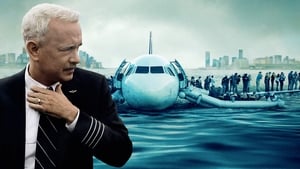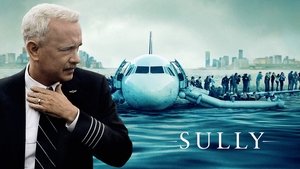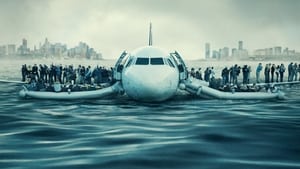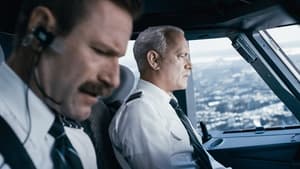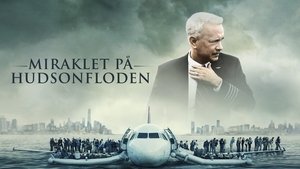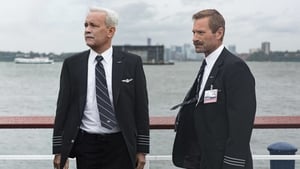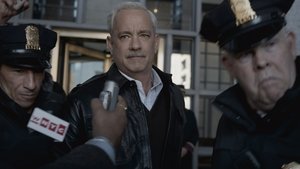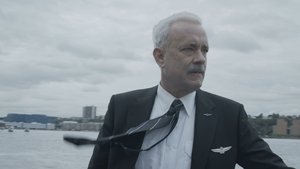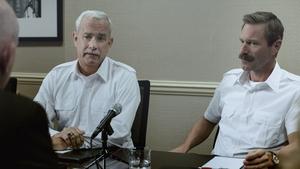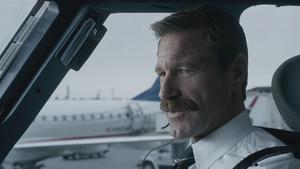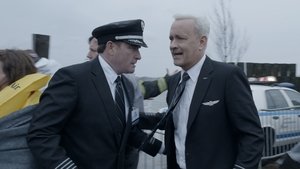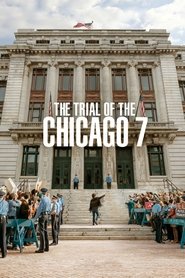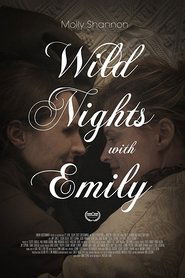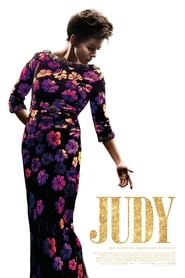Although it will most likely come away empty handed at the Academy Awards, Clint Eastwood's Sully justifiably kicks off the fall Oscar season with a thunderous crash. And considering the Hollywood icon's previous three films have centered around sharpshooter Chris Kyle (American Sniper), musical group The Four Seasons (Jersey Boys) and the most controversial FBI Director in U.S. history (J. Edgar), another biopic only seems fitting for Eastwood's latest work. By keeping things short and to the point, Sully resides as another strong effort from an industy legend.
On the fateful morning of January 15th, 2009, nothing could have prepared pilots Captain Chesley Sullenberger (Tom Hanks) and First Officer Jeff Skiles (Aaron Eckhart) for their career-defining flight. Shortly after take-off from LaGuardia Airport in New York, their plane encounters a vicious bird-strike that results in the loss of both their engines. And despite air traffic controls' repeated suggestions to return to a nearby airport, Sully diverts the plane for a forced water landing on the Hudson River. Yet, following his heroic split-second decision and skillful landing that saves the lives of everyone on board the plane, the NTSB valiantly attempts to tarnish the pilots action's with their investigation of the incident.

Sully is an intense spectacle that begs to be witnessed on the big screen. Eastwood has the audience holding its breath and bracing for impact as Flight 1549 rapidly loses altitude and makes a b-line for the Hudson River. The film captures the fear and anxiety of that brief moment phenomenally. However, Eastwood's primary focus is on the days following the incident, where the lead pilot struggles with the inner turmoil of second guessing whether or not he acted in the safest way possible. It's here where Tom Hanks delivers another fine performance that doesn't quite stand up against his career best, but one that certainly keeps the film intact. Co-star Aaron Eckhart provides ample comic relief throughout a rather emotional and intense ride. Eckhart's work proves to be one of the finest supporting turns I've witnessed this year and should land him in the Oscar discussion. From start to finish, Sully is a well-executed and brisk birds-eye view of the behind-the-scene struggles facing these media-driven national heroes.

Despite the film's visual prowess and strong acting, Sully displays weaknesses in a few obvious areas. The dialogue is a bit preachy as it constantly tells the audience how dangerously and quickly the entire ordeal went down. These constant verbal reminders are completely unnecessary as the perfectly captured descending airplane scenes already make those points abundantly clear. Furthermore, the scope of the story is so narrow that Eastwood somewhat overuses the plane "crash" as a means to consume screen time. All together you witness the "crash" from the perspective of the passengers and flight attendants, as well as the pilots, in scattered fragments throughout the first two acts. Finally, in a suspenseful finale, the audience relives the moment in its entirety once again. In fairness to the film the intensity never wavers, even after a third go-around. Yet, the continual reliance of this narrative device becomes telling of the shortcomings surrounding the film's intended focus.
I never lose sight of the remarkable ability for humans to come together in moments of distress. Sully addresses this beauty of the human spirit and it makes for an emotionally uplifting resolution to the film. Couple that with Sully's stunning visual representation of the ordeal and the performances of Hanks and Eckhart, and this film concludes as another winning biopic from director Clint Eastwood. It's not quite at the caliber of American Sniper, but Sully is definitely a strong film all in its own right.
-
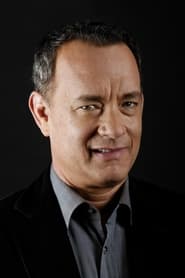 NameTom HanksCharacterChesley 'Sully' Sullenberger
NameTom HanksCharacterChesley 'Sully' Sullenberger -
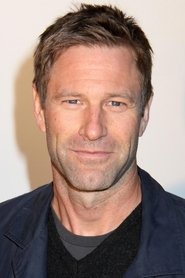 NameAaron EckhartCharacterJeff Skiles
NameAaron EckhartCharacterJeff Skiles -
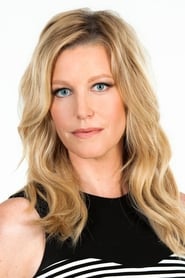 NameAnna GunnCharacterElizabeth Davis
NameAnna GunnCharacterElizabeth Davis -
 NameHolt McCallanyCharacterMike Cleary
NameHolt McCallanyCharacterMike Cleary -
 NameMike O'MalleyCharacterCharles Porter
NameMike O'MalleyCharacterCharles Porter -
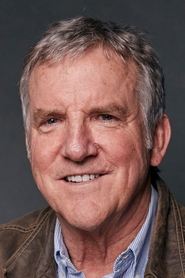 NameJamey SheridanCharacterBen Edwards
NameJamey SheridanCharacterBen Edwards -
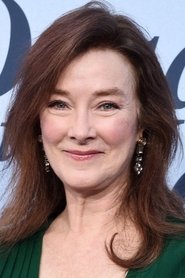 NameValerie MahaffeyCharacterDiane Higgins
NameValerie MahaffeyCharacterDiane Higgins -
 NameDelphi HarringtonCharacterLucille Palmer
NameDelphi HarringtonCharacterLucille Palmer -
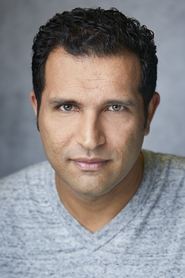 NameAhmed LucanCharacterEgyptian Driver
NameAhmed LucanCharacterEgyptian Driver -
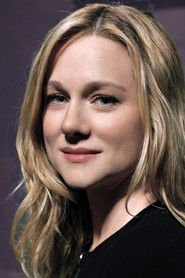 NameLaura LinneyCharacterLorrie Sullenberger
NameLaura LinneyCharacterLorrie Sullenberger -
 NameLaura Lundy WhealeCharacterReporter #1
NameLaura Lundy WhealeCharacterReporter #1 -
 NameOnira TarésCharacterReporter #2
NameOnira TarésCharacterReporter #2 -
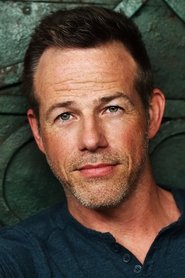 NameGary WeeksCharacterReporter #3
NameGary WeeksCharacterReporter #3 -
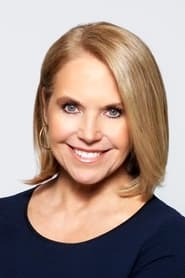 NameKatie CouricCharacterKatie Couric
NameKatie CouricCharacterKatie Couric -
 NameJeff KoberCharacterLT Cook
NameJeff KoberCharacterLT Cook -
 NameBlake JonesCharacterSully (16 Years Old)
NameBlake JonesCharacterSully (16 Years Old) -
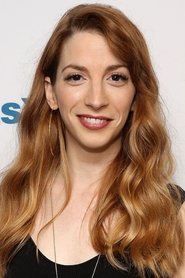 NameMolly BernardCharacterAlison
NameMolly BernardCharacterAlison -
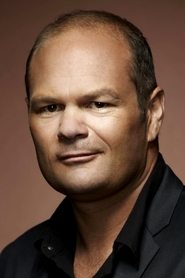 NameChris BauerCharacterLarry Rooney
NameChris BauerCharacterLarry Rooney -
 NameJane GabbertCharacterSheila Dail
NameJane GabbertCharacterSheila Dail -
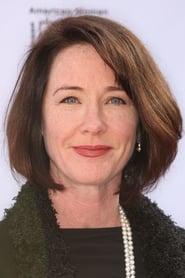 NameAnn CusackCharacterDonna Dent
NameAnn CusackCharacterDonna Dent -
 NameMolly HaganCharacterDoreen Welsh
NameMolly HaganCharacterDoreen Welsh -
 NamePurva BediCharacterGurisman
NamePurva BediCharacterGurisman -
 NameMax AdlerCharacterJimmy Stefanik
NameMax AdlerCharacterJimmy Stefanik -
 NameSam HuntingtonCharacterJeff Kolodjay
NameSam HuntingtonCharacterJeff Kolodjay -
 NameChristopher CurryCharacterRob Kolodjay
NameChristopher CurryCharacterRob Kolodjay -
 NameAshley Austin MorrisCharacterEmily - Gate Attendant
NameAshley Austin MorrisCharacterEmily - Gate Attendant -
 NameCooper ThorntonCharacterJim Whitaker
NameCooper ThorntonCharacterJim Whitaker -
 NameAutumn ReeserCharacterPassenger with Baby
NameAutumn ReeserCharacterPassenger with Baby -
 NameJeffrey NordlingCharacterBarry Leonard
NameJeffrey NordlingCharacterBarry Leonard -
 NamePatch DarraghCharacterPatrick Harten
NamePatch DarraghCharacterPatrick Harten -
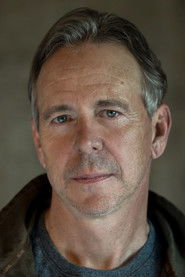 NameRobert C. TreveilerCharacterATC Supervisor
NameRobert C. TreveilerCharacterATC Supervisor -
 NameBill RichardsCharacterMale Pilot
NameBill RichardsCharacterMale Pilot -
 NameAida ManassyCharacterFrench Woman
NameAida ManassyCharacterFrench Woman -
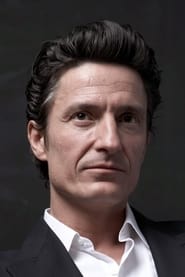 NamePascal Yen-PfisterCharacterFrench Man
NamePascal Yen-PfisterCharacterFrench Man -
 NameMarcia DeBonisCharacterShae Childers
NameMarcia DeBonisCharacterShae Childers -
 NameNoel FisherCharacterGIB - Andrew Carrigan
NameNoel FisherCharacterGIB - Andrew Carrigan -
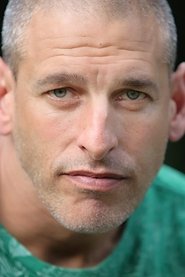 NameAdam BoyerCharacterJohnny - Drunk Customer
NameAdam BoyerCharacterJohnny - Drunk Customer -
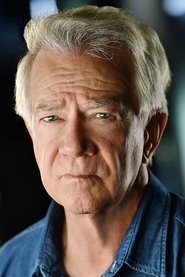 NameWilbur FitzgeraldCharacterDrunk Customer #2
NameWilbur FitzgeraldCharacterDrunk Customer #2 -
 NameMichael RapaportCharacterBartender - Pete
NameMichael RapaportCharacterBartender - Pete -
 NameVincent LombardiCharacterCaptain Vincent Peter Lombardi
NameVincent LombardiCharacterCaptain Vincent Peter Lombardi -
 NameJeremy LukeCharacterVictor Gaggero
NameJeremy LukeCharacterVictor Gaggero -
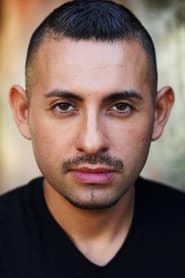 NameBernardo BadilloCharacterRobert Rodriguez
NameBernardo BadilloCharacterRobert Rodriguez -
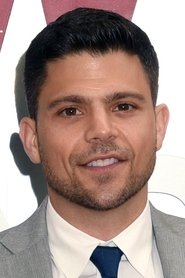 NameJerry FerraraCharacterMichael Delaney
NameJerry FerraraCharacterMichael Delaney -
 NameVictoria KharchenkoCharacterRussian Woman
NameVictoria KharchenkoCharacterRussian Woman -
 NameRandall PinkstonCharacterRandall Pinkston
NameRandall PinkstonCharacterRandall Pinkston -
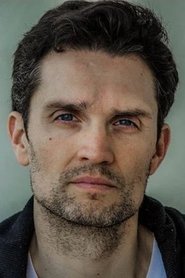 NameGraham SibleyCharacterCarlo Alfonso
NameGraham SibleyCharacterCarlo Alfonso -
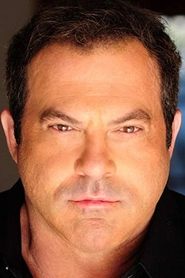 NameGrant RobertsCharacterFranco Santini
NameGrant RobertsCharacterFranco Santini -
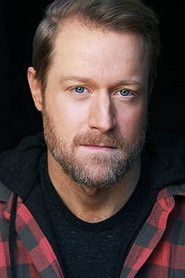 NameWayne BastrupCharacterBrian Kelly
NameWayne BastrupCharacterBrian Kelly -
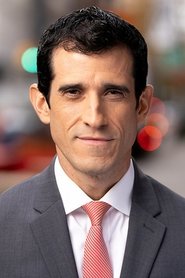 NameBobby CuzaCharacterBobby Cuza
NameBobby CuzaCharacterBobby Cuza -
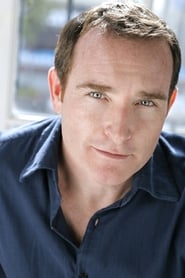 NameBilly SmithCharacterDan Britt
NameBilly SmithCharacterDan Britt -
 NameMichael BarabasCharacterPolice Captain
NameMichael BarabasCharacterPolice Captain -
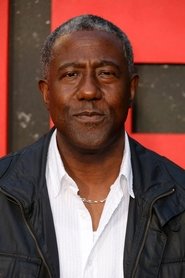 NameE. Roger MitchellCharacterATC #1
NameE. Roger MitchellCharacterATC #1 -
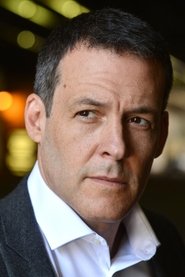 NameRobert PralgoCharacterSt. Luke's Doctor
NameRobert PralgoCharacterSt. Luke's Doctor -
 NameClayton LandeyCharacterArnie Gentile
NameClayton LandeyCharacterArnie Gentile -
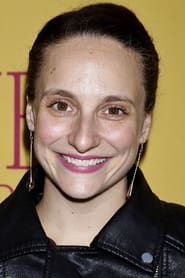 NameTracee ChimoCharacterEvelyn May
NameTracee ChimoCharacterEvelyn May -
 NameBrett RiceCharacterCarl Clarke
NameBrett RiceCharacterCarl Clarke -
 NameKristine JohnsonCharacterKristine Johnson
NameKristine JohnsonCharacterKristine Johnson -
 NameLarry GuthrieCharacterPilot Flight #1
NameLarry GuthrieCharacterPilot Flight #1 -
 NameLucy YoungCharacterCo-Pilot - Flight #1
NameLucy YoungCharacterCo-Pilot - Flight #1 -
 NameLori ClineCharacterPilot - Flight #3
NameLori ClineCharacterPilot - Flight #3 -
 NameJon WittenCharacterCo-Pilot #3
NameJon WittenCharacterCo-Pilot #3 -
 NameChesley SullenbergerCharacterSelf (uncredited)
NameChesley SullenbergerCharacterSelf (uncredited)
-
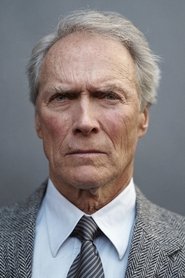 NameClint EastwoodJobDirector
NameClint EastwoodJobDirector -
 NameChristian JacobJobOriginal Music Composer
NameChristian JacobJobOriginal Music Composer -
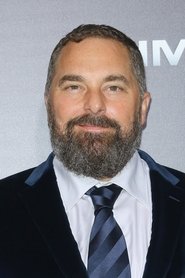 NameTodd KomarnickiJobWriter
NameTodd KomarnickiJobWriter -
 NameMichelle Chan WongJobAssistant Production Coordinator
NameMichelle Chan WongJobAssistant Production Coordinator -
 NameMatteo VegliaJobVFX Production Coordinator
NameMatteo VegliaJobVFX Production Coordinator -
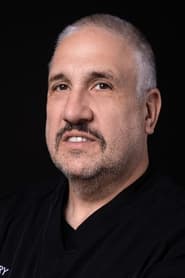 NameGary ArcherJobProsthetics
NameGary ArcherJobProsthetics -
 NamePaul E. ShortJobStunts
NamePaul E. ShortJobStunts -
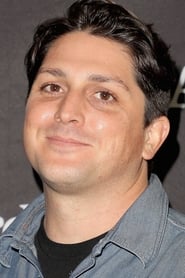 NameBlu MurrayJobEditor
NameBlu MurrayJobEditor -
 NameChesley SullenbergerJobBook
NameChesley SullenbergerJobBook -
 NameJeffrey ZaslowJobBook
NameJeffrey ZaslowJobBook -
 NameJessica MeierJobCo-Producer
NameJessica MeierJobCo-Producer -
 NameRen RohlingJobMakeup Artist
NameRen RohlingJobMakeup Artist -
 NameLuisa AbelJobMakeup Department Head
NameLuisa AbelJobMakeup Department Head -
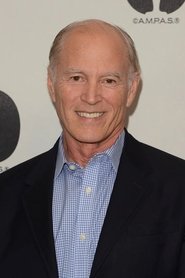 NameFrank MarshallJobProducer
NameFrank MarshallJobProducer -
 NameKristina RiveraJobCo-Producer
NameKristina RiveraJobCo-Producer -
 NameMatthew Lee FloryJobSet Dressing Artist
NameMatthew Lee FloryJobSet Dressing Artist -
 NameKevin IshiokaJobSupervising Art Director
NameKevin IshiokaJobSupervising Art Director -
 NameDebra-Lee DavidsonJobMakeup Artist
NameDebra-Lee DavidsonJobMakeup Artist -
 NameTim MooreJobProducer
NameTim MooreJobProducer -
 NameJose ZamoraJobKey Hair Stylist
NameJose ZamoraJobKey Hair Stylist -
 NameAllyn StewartJobProducer
NameAllyn StewartJobProducer -
 NameGeoffrey MiclatJobCasting
NameGeoffrey MiclatJobCasting -
 NamePatricia DeHaneyJobHair Department Head
NamePatricia DeHaneyJobHair Department Head -
 NameMatthew SilvaJobMakeup Artist
NameMatthew SilvaJobMakeup Artist -
 NameAnthony CarlinoJobLeadman
NameAnthony CarlinoJobLeadman -
 NameChryss HionisJobSet Decoration
NameChryss HionisJobSet Decoration -
 NameBruce BermanJobExecutive Producer
NameBruce BermanJobExecutive Producer -
 NameDonna MartinJobMakeup Artist
NameDonna MartinJobMakeup Artist -
 NameTim MooreJobProduction Manager
NameTim MooreJobProduction Manager -
 NameElena ArroyJobMakeup Artist
NameElena ArroyJobMakeup Artist -
 NameAshley McGuireJobMakeup Artist
NameAshley McGuireJobMakeup Artist -
 NameJames J. MurakamiJobProduction Design
NameJames J. MurakamiJobProduction Design -
 NameDeborah HopperJobCostume Design
NameDeborah HopperJobCostume Design -
 NameNico SohnJobMakeup Artist
NameNico SohnJobMakeup Artist -
 NameMark ScoonJobExecutive In Charge Of Production
NameMark ScoonJobExecutive In Charge Of Production -
 NameDavid M. BernsteinJobAssistant Director
NameDavid M. BernsteinJobAssistant Director -
 NameKim BreeceJobArt Department Coordinator
NameKim BreeceJobArt Department Coordinator -
 NameClint EastwoodJobProducer
NameClint EastwoodJobProducer -
 NameRobert S. DresselJobSet Dressing Artist
NameRobert S. DresselJobSet Dressing Artist -
 NameKipp NelsonJobExecutive Producer
NameKipp NelsonJobExecutive Producer -
 NameTom SternJobDirector of Photography
NameTom SternJobDirector of Photography -
 NameMitchell Ray KenneyJobCostume Supervisor
NameMitchell Ray KenneyJobCostume Supervisor -
 NameKeith BernsteinJobStill Photographer
NameKeith BernsteinJobStill Photographer -
 NameNatalie ArangoJobCostume Supervisor
NameNatalie ArangoJobCostume Supervisor -
 NameThomas LappinJobCamera Operator
NameThomas LappinJobCamera Operator -
 NameEve StregerJobCasting Associate
NameEve StregerJobCasting Associate -
 NameZina ArthurJobSeamstress
NameZina ArthurJobSeamstress -
 NameSusan MalersteinJobScript Supervisor
NameSusan MalersteinJobScript Supervisor -
 NameChris LumpkinJobRigging Grip
NameChris LumpkinJobRigging Grip -
 NameJason C. FitzgeraldJobRigging Gaffer
NameJason C. FitzgeraldJobRigging Gaffer -
 NameEric LeighJobRigging Gaffer
NameEric LeighJobRigging Gaffer -
 NameMatthew JeromeJobSet Costumer
NameMatthew JeromeJobSet Costumer -
 NameHans BjernoJobHelicopter Camera
NameHans BjernoJobHelicopter Camera -
 NameRoss DunkerleyJobGaffer
NameRoss DunkerleyJobGaffer -
 NameRichard SpriggsJobAnimation Supervisor
NameRichard SpriggsJobAnimation Supervisor -
 NameBrett SpringirthJobSet Costumer
NameBrett SpringirthJobSet Costumer -
 NameBarbara HolmesJobVisual Effects Editor
NameBarbara HolmesJobVisual Effects Editor -
 NameTyler KehlJobVisual Effects Producer
NameTyler KehlJobVisual Effects Producer -
 NameBob PeishelJobDigital Intermediate
NameBob PeishelJobDigital Intermediate -
 NameAaron WeintraubJobVisual Effects Supervisor
NameAaron WeintraubJobVisual Effects Supervisor -
 NameJohn T. ReitzJobSound Re-Recording Mixer
NameJohn T. ReitzJobSound Re-Recording Mixer -
 NameErik KaufmannJobDigital Intermediate
NameErik KaufmannJobDigital Intermediate -
 NameRoland N. ThaiJobSound Effects Editor
NameRoland N. ThaiJobSound Effects Editor -
 NameSteve RileyJobSpecial Effects Supervisor
NameSteve RileyJobSpecial Effects Supervisor -
 NameBub AsmanJobSupervising Sound Editor
NameBub AsmanJobSupervising Sound Editor -
 NameStephen S. CampanelliJobCamera Operator
NameStephen S. CampanelliJobCamera Operator -
 NameDavid SkutchJobGaffer
NameDavid SkutchJobGaffer -
 NameJohn T. CucciJobFoley
NameJohn T. CucciJobFoley -
 NameSarah McMurdoJobVisual Effects Producer
NameSarah McMurdoJobVisual Effects Producer -
 NameJason KingJobSound Effects Editor
NameJason KingJobSound Effects Editor -
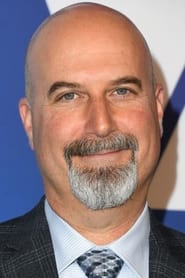 NameTom OzanichJobSound Re-Recording Mixer
NameTom OzanichJobSound Re-Recording Mixer -
 NameMichael OwensJobVisual Effects Supervisor
NameMichael OwensJobVisual Effects Supervisor -
 NameDan O'ConnellJobFoley
NameDan O'ConnellJobFoley -
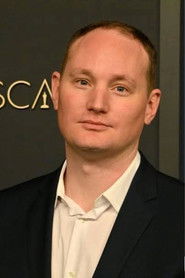 NameBryan LitsonJobCG Supervisor
NameBryan LitsonJobCG Supervisor -
 NameHelena BarrettJobStunts
NameHelena BarrettJobStunts -
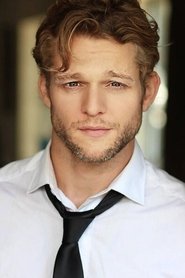 NameChase ColemanJobStunts
NameChase ColemanJobStunts -
 NameRyan GrayJobStunts
NameRyan GrayJobStunts -
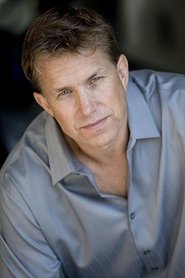 NameMark VanselowJobStunts
NameMark VanselowJobStunts -
 NameKaty WoodJobSupervising ADR Editor
NameKaty WoodJobSupervising ADR Editor -
 NameHugo WengJobDialogue Editor
NameHugo WengJobDialogue Editor -
 NameKaty WoodJobSupervising Dialogue Editor
NameKaty WoodJobSupervising Dialogue Editor -
 NameGreg GonzalezJobAssistant Property Master
NameGreg GonzalezJobAssistant Property Master -
 NameStephen S. CampanelliJobSteadicam Operator
NameStephen S. CampanelliJobSteadicam Operator -
 NameJeff AngeloJobAssistant Property Master
NameJeff AngeloJobAssistant Property Master -
 NameKimberly FelixJobKey Makeup Artist
NameKimberly FelixJobKey Makeup Artist -
 NameMichael SextonJobProperty Master
NameMichael SextonJobProperty Master -
 NameWhitney ColemanJobStunts
NameWhitney ColemanJobStunts -
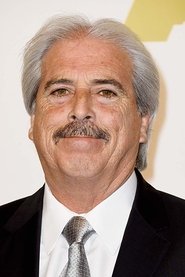 NameAlan Robert MurrayJobSupervising Sound Editor
NameAlan Robert MurrayJobSupervising Sound Editor -
 NameRahul RoyJobCompositing Lead
NameRahul RoyJobCompositing Lead -
 NameEmma GorbeyJobVisual Effects Coordinator
NameEmma GorbeyJobVisual Effects Coordinator -
 NameNaveen KumarJobVisual Effects Coordinator
NameNaveen KumarJobVisual Effects Coordinator -
 NameBianca CuffaroJobVisual Effects Coordinator
NameBianca CuffaroJobVisual Effects Coordinator -
 NameKevin IshiokaJobArt Direction
NameKevin IshiokaJobArt Direction -
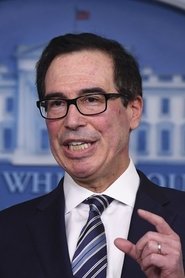 NameSteven MnuchinJobExecutive Producer
NameSteven MnuchinJobExecutive Producer -
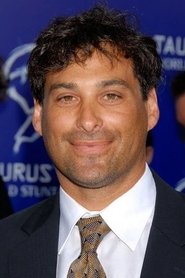 NamePeter EpsteinJobStunts
NamePeter EpsteinJobStunts -
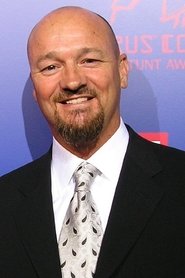 NameRoy FarfelJobStunt Driver
NameRoy FarfelJobStunt Driver -
 NameBrian MachleitJobStunts
NameBrian MachleitJobStunts -
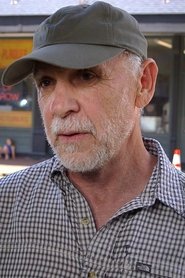 NameDoug ColemanJobStunt Coordinator
NameDoug ColemanJobStunt Coordinator -
 NameAllen RobinsonJobStunts
NameAllen RobinsonJobStunts -
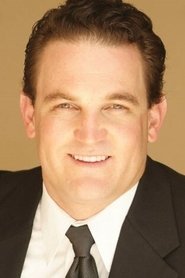 NameRob MarsJobStunts
NameRob MarsJobStunts -
 NameDonna EvansJobStunts
NameDonna EvansJobStunts -
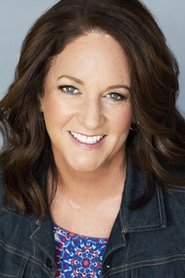 NameLisa DempseyJobStunts
NameLisa DempseyJobStunts -
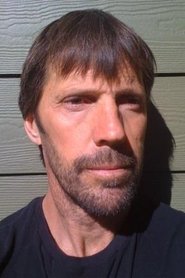 NameMickey GiacomazziJobStunts
NameMickey GiacomazziJobStunts -
 NameChase ColemanJobStunts
NameChase ColemanJobStunts -
 NameRobin BonaccorsiJobStunts
NameRobin BonaccorsiJobStunts -
 NameChristopher HeapsJobSet Dresser
NameChristopher HeapsJobSet Dresser -
 NameAndrew RowlandsJobCamera Operator
NameAndrew RowlandsJobCamera Operator -
 NameRyan ArndtJobSpecial Effects
NameRyan ArndtJobSpecial Effects






